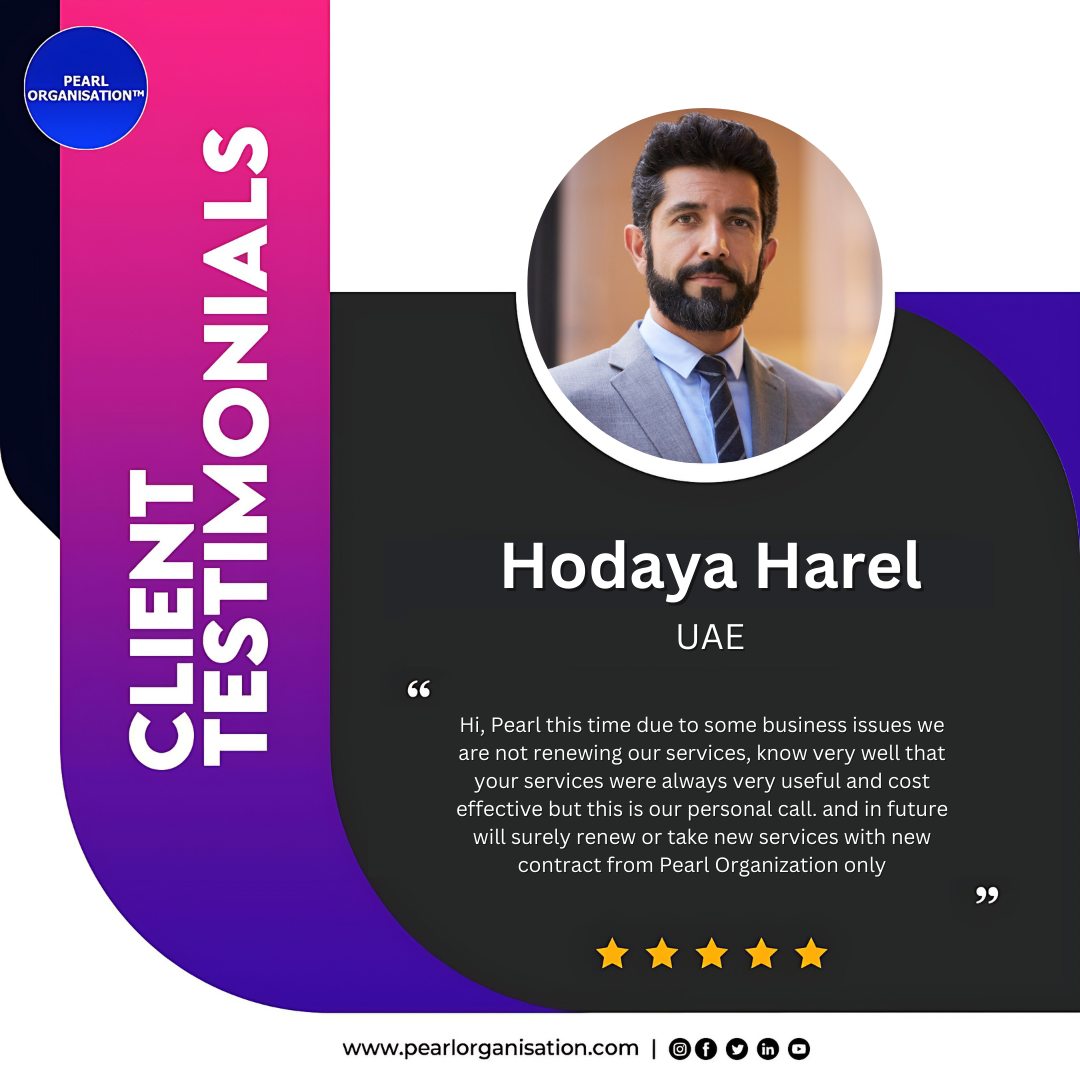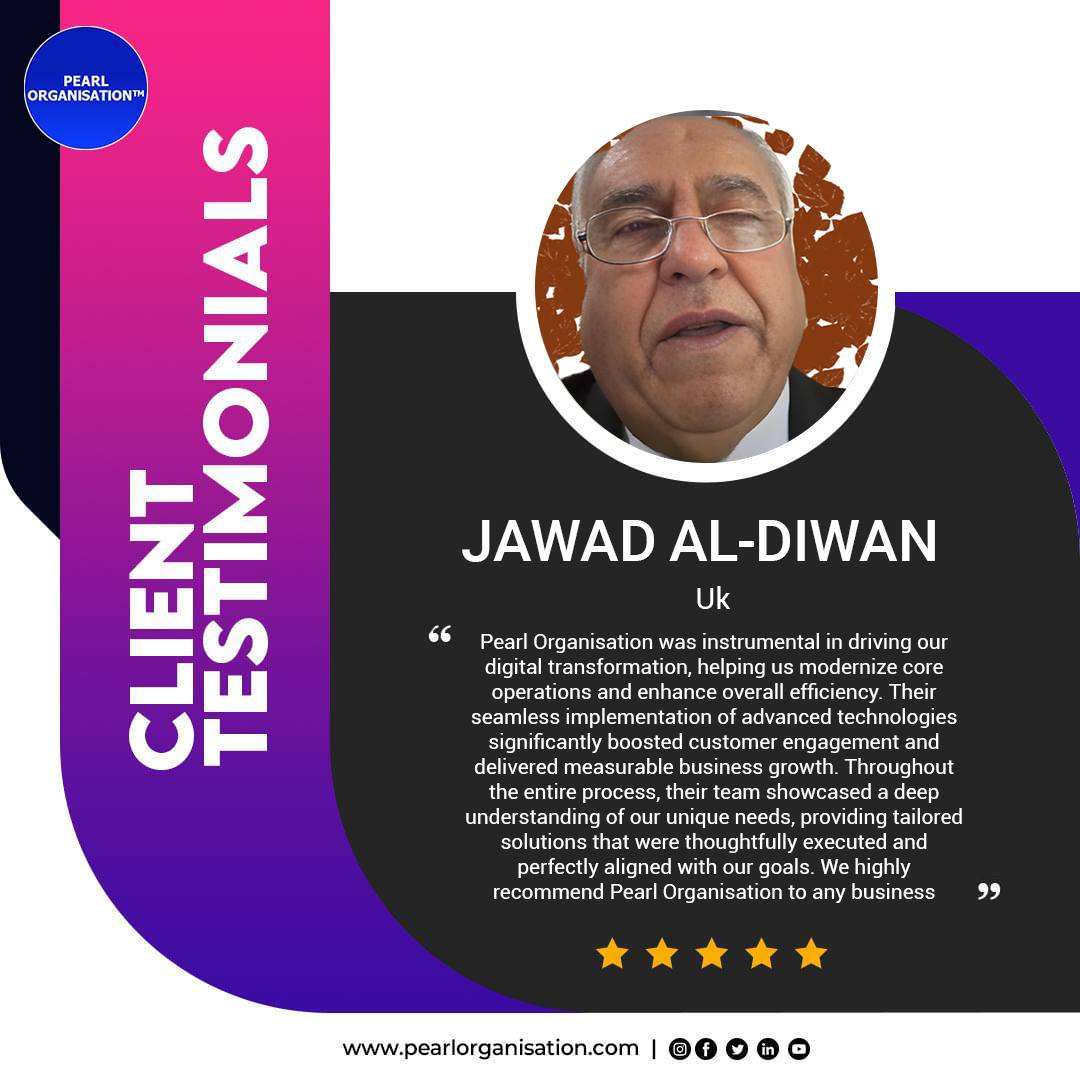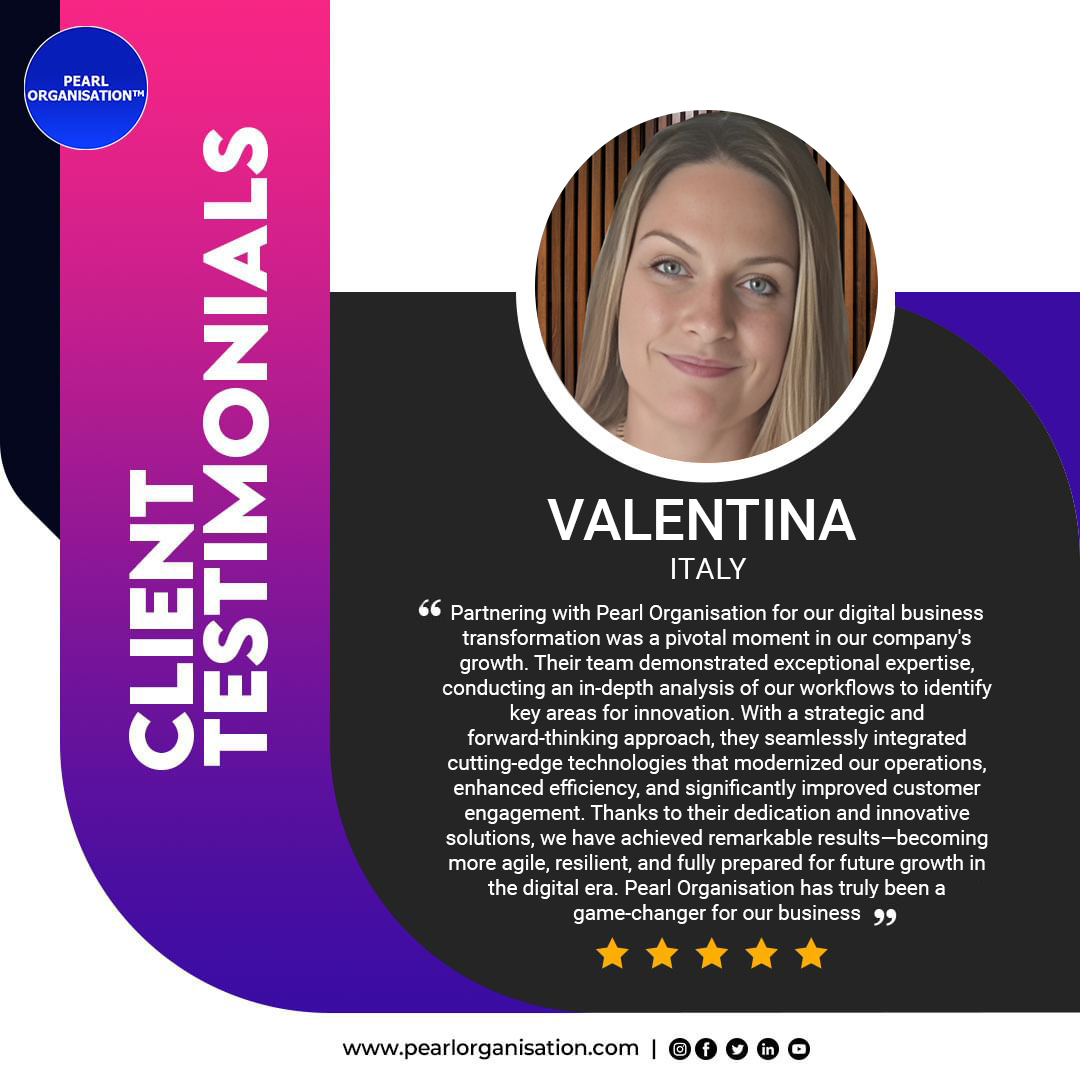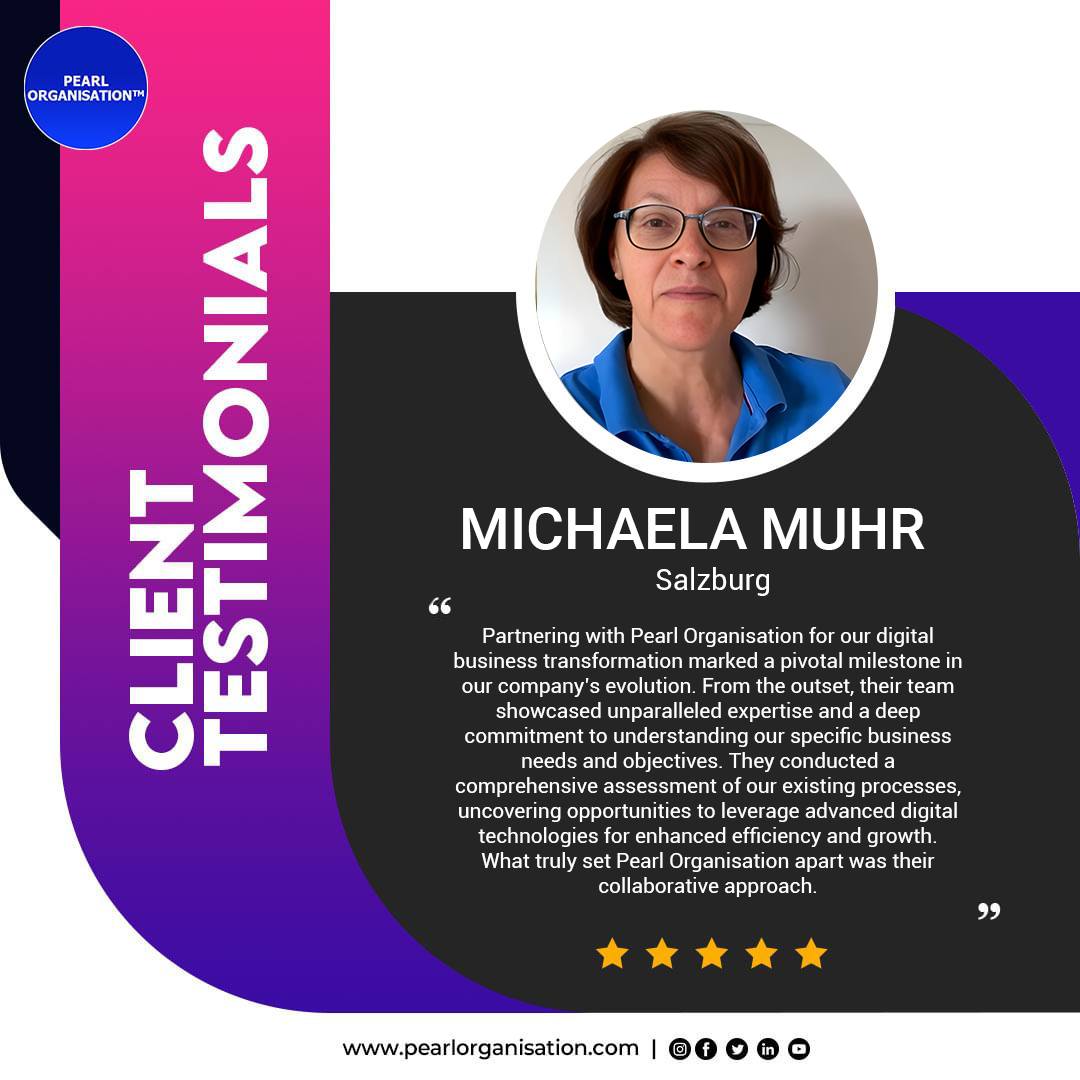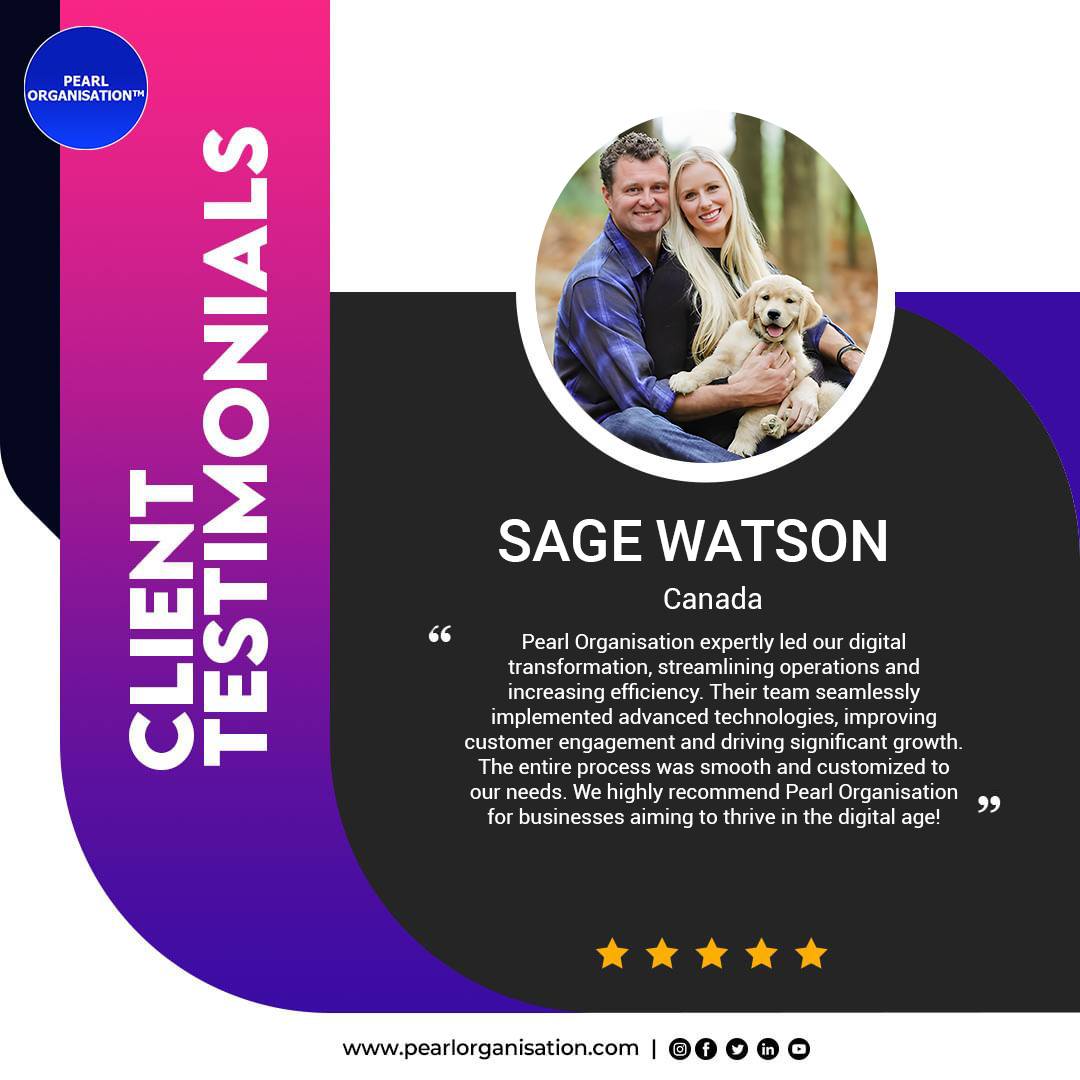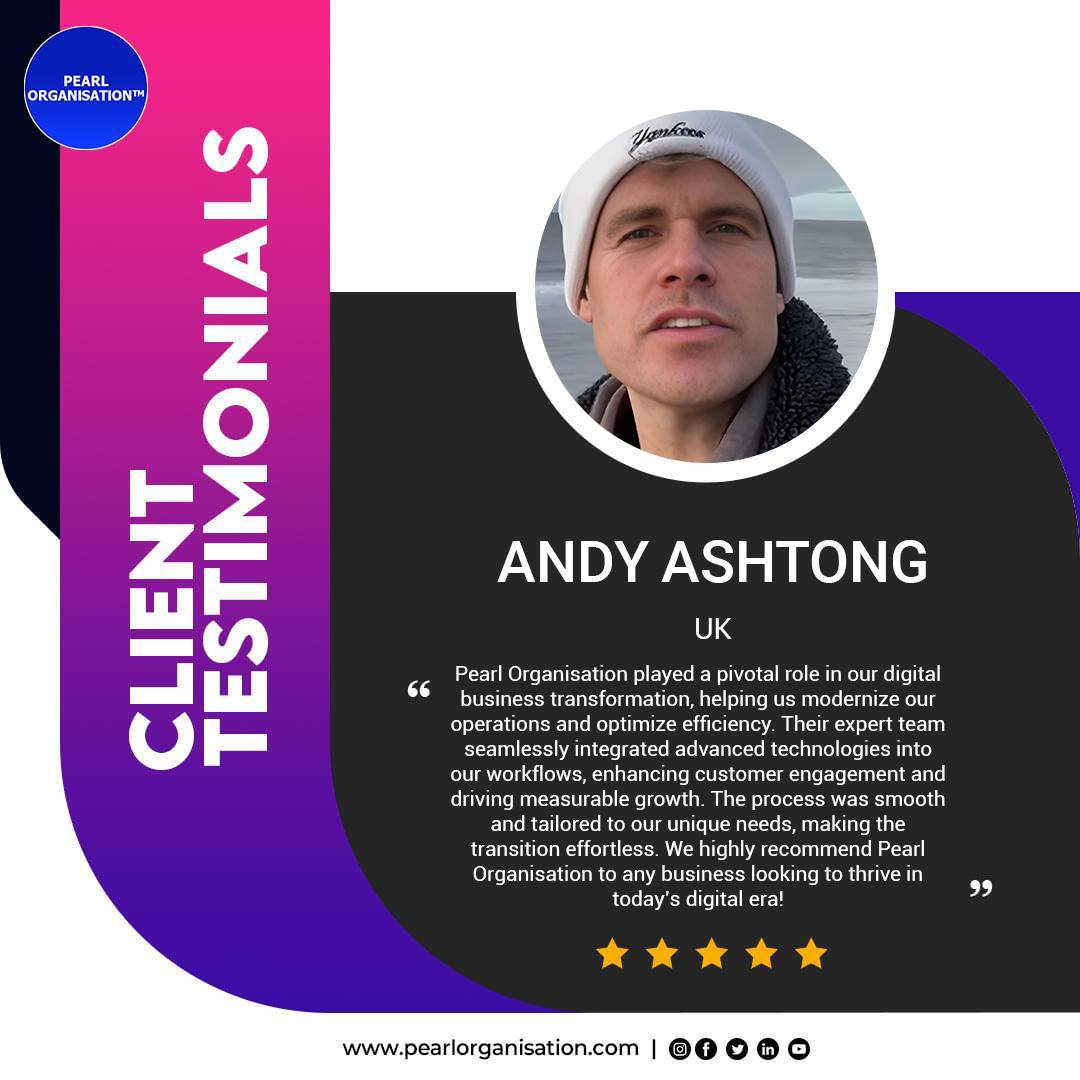DevSecOps: Integrating Security from Day One
- Jun 5, 2025
- 6 min read
By Pearl Organisation – Your Trusted Cybersecurity & DevSecOps Partner

🔐 Introduction: Why Security Must Be Baked into DevOps
As digital products are developed and deployed faster than ever, traditional security practices are struggling to keep up. In today’s high-speed CI/CD pipelines, bolting on security as an afterthought is no longer acceptable.
DevSecOps—short for Development, Security, and Operations—emerges as the strategic evolution of DevOps. It integrates security into every stage of the software development lifecycle (SDLC), ensuring that applications are secure by design, not by patch.
At Pearl Organisation, we specialize in embedding intelligent, automated security controls into your DevOps workflows—without slowing down innovation.
💡 What is DevSecOps?
DevSecOps is a cultural and technical shift that incorporates security practices directly into DevOps. Instead of testing and fixing security issues after code is deployed, DevSecOps ensures security is addressed from day one—during design, development, build, test, and deployment.
It involves:
🚀 Why DevSecOps is Crucial in 2025 and Beyond
🔓 85% of breaches exploit vulnerabilities in application code or configuration (Verizon DBIR 2024)
🧬 Modern apps are composed of hundreds of open-source dependencies
🕒 Fast CI/CD cycles require security that works at the speed of development
🛡️ Regulatory frameworks (GDPR, HIPAA, PCI-DSS) demand early and auditable security measures
DevSecOps helps you shift left—detecting and fixing issues early, cheaply, and more effectively.
🔧 How DevSecOps Works: Integration Across the SDLC
Pearl Organisation implements DevSecOps by embedding security into each phase of your delivery lifecycle:
📝 1. Planning & Design
Threat modeling
Security architecture review
Risk assessments
👨💻 2. Development
Secure coding practices (OWASP Top 10)
Static Application Security Testing (SAST)
Secrets scanning & dependency checks
🔄 3. Build & Test
CI pipeline hooks for automated security scans
Dynamic Application Security Testing (DAST)
Software Composition Analysis (SCA)
Container scanning (e.g., Docker image vulnerabilities)
🚀 4. Deployment
Infrastructure-as-Code (IaC) security checks
Kubernetes, Helm, and Terraform policy enforcement
Secrets and credential management
📊 5. Monitoring & Feedback
SIEM & log aggregation
Incident detection and response automation
Real-time alerting and compliance reporting
🛡️ Pearl Organisation’s DevSecOps Capabilities
We provide end-to-end DevSecOps strategy, tools, and execution tailored to your stack and compliance needs:
🔐 DevSecOps Services:
🧰 Tooling Expertise:
Terraform, Ansible, Helm
AWS, Azure, GCP security posture checks
Vault, CyberArk for secrets management
Prometheus, Grafana, and Sysdig for runtime observability
📈 Real-World Use Case: DevSecOps in FinTech
Client: A FinTech company building a high-transaction mobile banking app
Problem: Rapid release cycles with poor visibility into open-source risks and misconfigured containers
Pearl Organisation’s Solution:
Integrated SAST and SCA tools into CI/CD
Docker image scanning and runtime monitoring via Falco
Terraform IaC scans and AWS Security Hub configuration
Result:
90% vulnerabilities resolved pre-deployment
3x faster remediation time
Passed ISO/IEC 27001 audit in first attempt
🏢 Who Needs DevSecOps?
DevSecOps is a must-have for:
SaaS platforms and cloud-native startups
Enterprises operating under compliance frameworks
Organizations using containerized microservices (Docker, Kubernetes)
Teams aiming for continuous delivery and zero-downtime deployments
Businesses with frequent releases and large attack surfaces
📊 Business Benefits of DevSecOps
Benefit | Impact |
⚡ Faster Releases | No bottlenecks from manual security approvals |
🔍 Early Detection | Catch vulnerabilities before production |
📉 Reduced Costs | Fixing bugs early is 6x cheaper than post-deploy |
🛡️ Stronger Compliance | Built-in audit trails and policy enforcement |
🔄 Feedback Loop | Security learns from usage and evolves continuously |
🏆 Why Choose Pearl Organisation for DevSecOps?
✅ Certified DevSecOps and Cloud Security Professionals
✅ Proven integrations across AWS, Azure, GCP, GitLab, Jenkins, and GitHub
✅ Customizable pipeline security for startups to Fortune 500s
✅ 24x7 support and managed security operations (SOC-as-a-Service)
✅ Risk scoring, compliance dashboards, and automated reporting
We empower your team to build secure software at scale—without slowing down delivery.
📩 Ready to Secure Your Development Lifecycle?
Let Pearl Organisation help you embed DevSecOps in your pipeline and culture—so you can code fast and secure even faster.
📞 Schedule your free DevSecOps readiness assessment today.
📘 Frequently Asked Questions (FAQs)
1. What is DevSecOps and how is it different from DevOps?
DevSecOps (Development, Security, Operations) builds on DevOps by integrating security into every phase of the software development lifecycle (SDLC). Unlike traditional DevOps, which focuses on speed and collaboration between development and operations, DevSecOps ensures security is part of planning, coding, building, testing, deployment, and monitoring—not an afterthought.
2. Why is DevSecOps important for modern businesses?
With increasing threats, faster release cycles, and rising regulatory scrutiny, businesses need security that scales with development. DevSecOps helps by:
3. At what stage should security be integrated in the DevSecOps process?
From day one. DevSecOps is about “shifting left”, meaning security practices are embedded in the earliest stages:
During planning (threat modeling)
While coding (secure code review, SAST)
In CI/CD pipelines (automated scans, dependency checks)
Before deployment (container and IaC scans)
In production (real-time monitoring and logging)
4. What tools are commonly used in DevSecOps implementations?
Some widely used tools include:
SAST: SonarQube, Checkmarx
DAST: OWASP ZAP, Burp Suite
SCA: Snyk, Black Duck
CI/CD: GitLab CI, Jenkins, GitHub Actions
Container Scanning: Trivy, Clair, Aqua
Secrets Management: HashiCorp Vault, AWS Secrets Manager
Monitoring: Prometheus, Grafana, ELK Stack
Pearl Organisation helps you integrate these based on your tech stack and security maturity.
5. Does DevSecOps slow down software delivery?
No. When implemented correctly, DevSecOps accelerates delivery by reducing last-minute security blockers. It:
Automates repetitive tasks
Enables faster, more secure releases
Identifies and fixes issues early
Reduces manual testing effort
Pearl Organisation ensures DevSecOps aligns with your Agile or CI/CD pipelines for continuous, secure delivery.
6. What are the business benefits of DevSecOps?
Key benefits include:
🔒 Early vulnerability detection
⚡ Faster development and deployment
💰 Lower cost of breach remediation
📜 Easier regulatory compliance (ISO, HIPAA, GDPR, PCI-DSS)
🛠️ Stronger software quality and reliability
Businesses adopting DevSecOps are more resilient, secure, and audit-ready.
7. Can DevSecOps be applied to legacy applications?
Yes. While more effort is needed, DevSecOps can be retrofitted into legacy systems through:
Containerization of legacy apps
Wrapping legacy systems with API gateways
Introducing SAST/SCA tools
Enhancing monitoring and access controls
Pearl Organisation provides tailored modernization roadmaps to apply DevSecOps to monolithic or hybrid systems.
8. Is DevSecOps only for large enterprises?
Not at all. Startups, SMEs, and mid-sized businesses benefit from DevSecOps by:
Avoiding costly security debt early
Automating secure CI/CD from the start
Building investor trust and regulatory readiness
Ensuring production stability from MVP to scale
We offer right-sized solutions for every stage of business growth.
9. What compliance standards does DevSecOps support?
DevSecOps helps meet:
GDPR (data protection and access control)
HIPAA (secure patient data handling)
PCI-DSS (payment system protection)
ISO/IEC 27001 (information security management)
SOC 2 (cloud application security)
Pearl Organisation incorporates policy-as-code and audit-ready logs into your pipelines.
10. How does Pearl Organisation support DevSecOps implementation?
We offer:
We embed, automate, and scale security into your DevOps culture and workflow.
11. How long does it take to implement DevSecOps practices?
Timelines vary based on project complexity:
Basic integration: 2–4 weeks
Full stack DevSecOps implementation: 6–12 weeks
Enterprise-wide rollout with governance: 3–6 months
We use agile, phased delivery for minimal disruption and quick wins.
12. Can DevSecOps be integrated with cloud environments like AWS, Azure, or GCP?
Yes. DevSecOps works seamlessly with cloud-native services. Pearl Organisation integrates:
AWS CodePipeline + Security Hub
Azure DevOps + Defender for Cloud
GCP Cloud Build + Security Command Center
We also support Terraform, Kubernetes, Helm, and Docker for secure cloud provisioning.
13. How does DevSecOps handle open-source security risks?
DevSecOps uses Software Composition Analysis (SCA) tools to:
Identify vulnerable dependencies
Alert on known CVEs
Apply patches or suggest alternatives
Track license risks
We help automate open-source compliance in every build.
14. Can I test DevSecOps before rolling it out enterprise-wide?
Yes. We offer pilot programs and PoCs to demonstrate impact before scaling. This includes:
Small-scale CI/CD integration
Vulnerability scanning trials
Compliance policy testing
Dashboard setup for audit readiness
15. Why choose Pearl Organisation for DevSecOps consulting and execution?
✅ Certified experts in DevOps, Cloud Security, and Cyber Defense
✅ Proven success across 150+ global client environments
✅ End-to-end DevSecOps—from advisory to automation
✅ Secure cloud-native infrastructure + on-premise capability
✅ Compliance-ready toolchains + 24/7 monitoring support
We build DevSecOps not just for protection—but for performance, compliance, and scale.





























